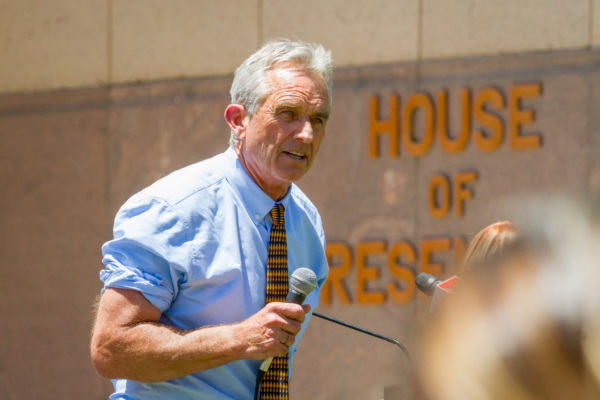
Arcata has become the third California city to decriminalize psychedelics, including psilocybin, psilocin, ibogaine, and ayahuasca.
The City Council of Arcata on Wednesday evening voted unanimously to support a resolution that decriminalized these plant and fungi-based substances for personal cultivation and possession. This comes after Arcata Councilmember Sarah Schaefer agreed to sponsor the measure, created in partnership with Decriminalize Nature Humboldt, in July.
The resolution passed this week declared that the investigation and arrest of persons aged 21 and older for planting, cultivating, purchasing, transporting, distributing, and engaging in practices with or possessing these plants and fungi will be the lowest law enforcement priority for the city.
The measure also calls upon the Humboldt County District Attorney “to consider the spirit and intent of this resolution when evaluating whether to prosecute persons involved in the use of entheogenic plants and fungi or plant-based compounds designated by the federal Controlled Substance Act.”
However, the resolution to decriminalize psychedelics explicitly does not allow for the commercial sale or manufacturing of these plants and fungi, possessing or distributing these substances in schools, driving under the influence of these substances, or causing a public disturbance, or jeopardizing public safety under the influence of these drugs. The resolution also does not extend to or will be recognized on properties owned or leased by the California State University system.
In the resolution, the Council stated: “The use of entheogenic plants and fungi, which can catalyze profound experiences of personal and spiritual growth, has been shown by scientific and clinical studies and traditional practices to be beneficial to the health and well-being of individuals and communities in addressing [a variety of] conditions [such as] substance abuse, addiction, recidivism, trauma, post-traumatic stress symptoms, chronic depression, severe anxiety, end-of-life anxiety, grief, cluster headaches, and other debilitating conditions.”
During the meeting, Decriminalize Nature Humboldt lead organizer Danielle Daniel addressed concerns raised regarding decriminalization. “What we have been doing is trying to teach people how to take these therapeutics in a good way and a safe way,” she said. “With decriminalization, we will have more abilities to teach people how to take these in a good way and provide safe spaces to take these in a safe way.”
Decriminalize Nature Humboldt representative Taylor Albamonti added that the advocacy group had collected more than 330 letters from members of the public in support of the resolution, in addition to countless emails.
Arcata follows in the footsteps of two other California cities, Oakland and Santa Cruz, in decriminalizing psychedelics. California will also consider the decriminalization of a range of psychedelics on a state level when SB 519 goes before the Senate Assembly next year. This bill – which would decriminalize the personal or facilitated use of psilocybin, psilocyn, DMT, ibogaine, LSD, MDMA, and mescaline (excluding peyote) – was delayed by its sponsor, Democratic Senator Scott Wiener, who said more time was needed to lay the education groundwork with both members of the Assembly and the public to ensure the bill succeeds.





